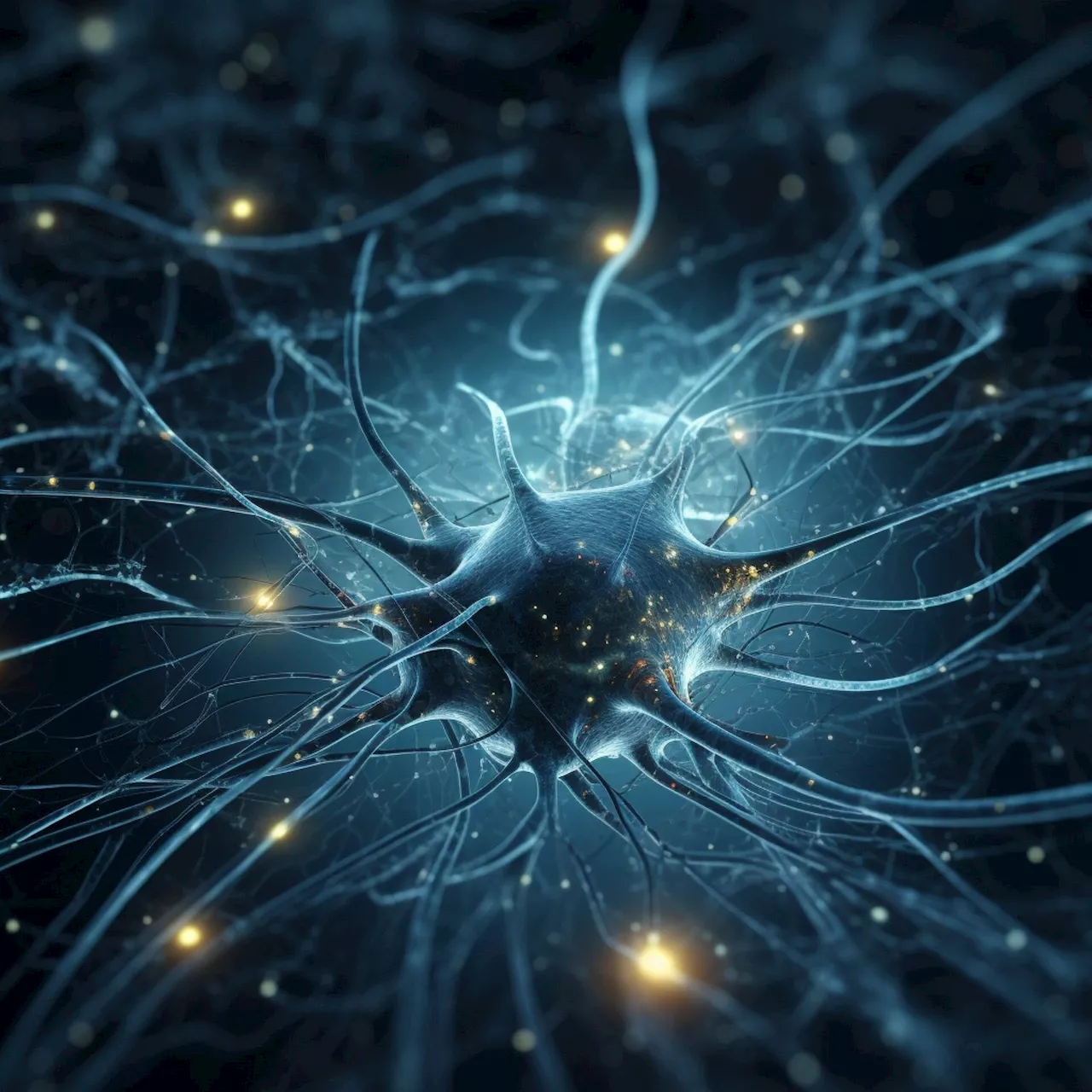Scientists have identified a potential driver of aggressive lung cancer tumors in patients who live in areas with high levels of violent crime.
University of Illinois at Urbana-ChampaignJun 24 2024 Their study found that stress responses differ between those living in neighborhoods with higher and lower levels of violent crime, and between cancerous and healthy tissues in the same individuals.
The researchers first assessed patterns of gene expression in lung cancer tumors and in cancer-free lung tissue from patients who lived in various Chicago zip codes -; some with higher or lower levels of violent crime. The team also determined where the glucocorticoid receptors were binding on DNA in those tissues.
In terms of the genes the receptors regulated in the tumors of individuals living in high-violence areas, they were genes related to inflammation, higher proliferation, higher growth-factor signaling, all of which will lead to the worst outcomes for lung cancer.
Lung Cancer Chronic Cortisol Food Gene Genes Glucocorticoid Health Disparities Inflammation Nutrition Poverty Public Health Receptor Research Stress Tumor
Philippines Latest News, Philippines Headlines
Similar News:You can also read news stories similar to this one that we have collected from other news sources.
 Myelination in the brain may drive opioid addiction, say scientistsOur brains, even in adulthood, continually adapt to what we do, strengthening or weakening neural pathways as we practice new skills or abandon old habits. Now, research by Stanford Medicine scientists has found that a particular type of neuroplasticity, known as adaptive myelination, can also contribute to drug addiction.
Myelination in the brain may drive opioid addiction, say scientistsOur brains, even in adulthood, continually adapt to what we do, strengthening or weakening neural pathways as we practice new skills or abandon old habits. Now, research by Stanford Medicine scientists has found that a particular type of neuroplasticity, known as adaptive myelination, can also contribute to drug addiction.
Read more »
 Retina indicates severity of schizophrenia, scientists discoverResearchers have discovered that the retina of schizophrenia patients differs from the retina of healthy participants. These changes could help psychiatrists to recognize who will have a particularly severe course of illness. The findings are published in the journal Biological Psychiatry.
Retina indicates severity of schizophrenia, scientists discoverResearchers have discovered that the retina of schizophrenia patients differs from the retina of healthy participants. These changes could help psychiatrists to recognize who will have a particularly severe course of illness. The findings are published in the journal Biological Psychiatry.
Read more »
 Scientists determine how cooperative proteins help the immune system identify and attack invadersBacteria, parasites, viruses—the immune system tackles them all. At the front line of the human immune response are cells called macrophages, which are responsible for correctly identifying intruders and then directing how the entire immune system responds.
Scientists determine how cooperative proteins help the immune system identify and attack invadersBacteria, parasites, viruses—the immune system tackles them all. At the front line of the human immune response are cells called macrophages, which are responsible for correctly identifying intruders and then directing how the entire immune system responds.
Read more »
 World has been breaching key 1.5C threshold for the last year, scientists warn'The battle to limit temperature rise to 1.5 degrees will be won or lost in the 2020s,' warns UN Secretary General Antonio Guterres.
World has been breaching key 1.5C threshold for the last year, scientists warn'The battle to limit temperature rise to 1.5 degrees will be won or lost in the 2020s,' warns UN Secretary General Antonio Guterres.
Read more »
 Scientists make breakthrough as major cause of inflammatory bowel disease foundThe breakthrough study also found that existing drugs could be used to treat IBD, raising hopes for millions worldwide
Scientists make breakthrough as major cause of inflammatory bowel disease foundThe breakthrough study also found that existing drugs could be used to treat IBD, raising hopes for millions worldwide
Read more »
Scientists develop test ‘that can predict dementia nine years before diagnosis’The researchers said their method is 80 accurate.
Read more »
